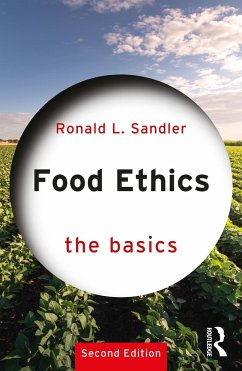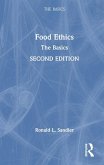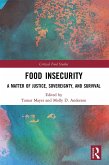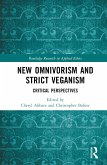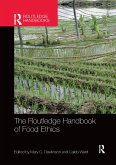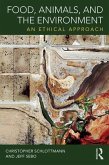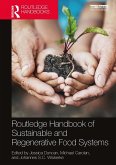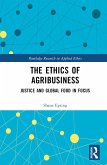Should we eat animals?Are locally produced foods ethically superior to globally sourced foods?Do people in affluent nations have a responsibility to help reduce global hunger?Should we embrace bioengineered foods?What should be the role of government in promoting food safety and public health?
This second edition has been revised and updated throughout, not only to take in the latest empirical and policy information, but also to address the impact of major issues such as the COVID-19 pandemic, Russia's invasion of Ukraine, AI and machine learning, and the rapid growth of the "gig economy."
Using extensive data and real-world examples, as well as providing suggestions for further reading, Food Ethics: The Basicsis an ideal introduction for anyone interested in the ethics of food.
"The book provides a balanced perspective for each contemporary issue as well as arguments supporting and opposing debatable benefits and risks of food production and consumption issues. The philosophical perspectives are clearly written, the technical details are jargon free, and the science is accurate... A useful resource for public policy and agricultural libraries...Summing Up: Recommended." - B. R. Shmaefsky, CHOICE
"Sandler makes a good job introducing the topic of food ethics to the reader, offering a broad range of information and describing key underlying ethical enquiries and particular views on each of the topics presented. (...) Reading this book was helpful in the sense that it provided insight into a topic that has not been widely studied or discussed. Thus, it can be a valuable introduction to food ethics, while encouraging the reader to explore more about this project." - Natalie Herdoiza Castro, Utrecht University, The Netherlands

